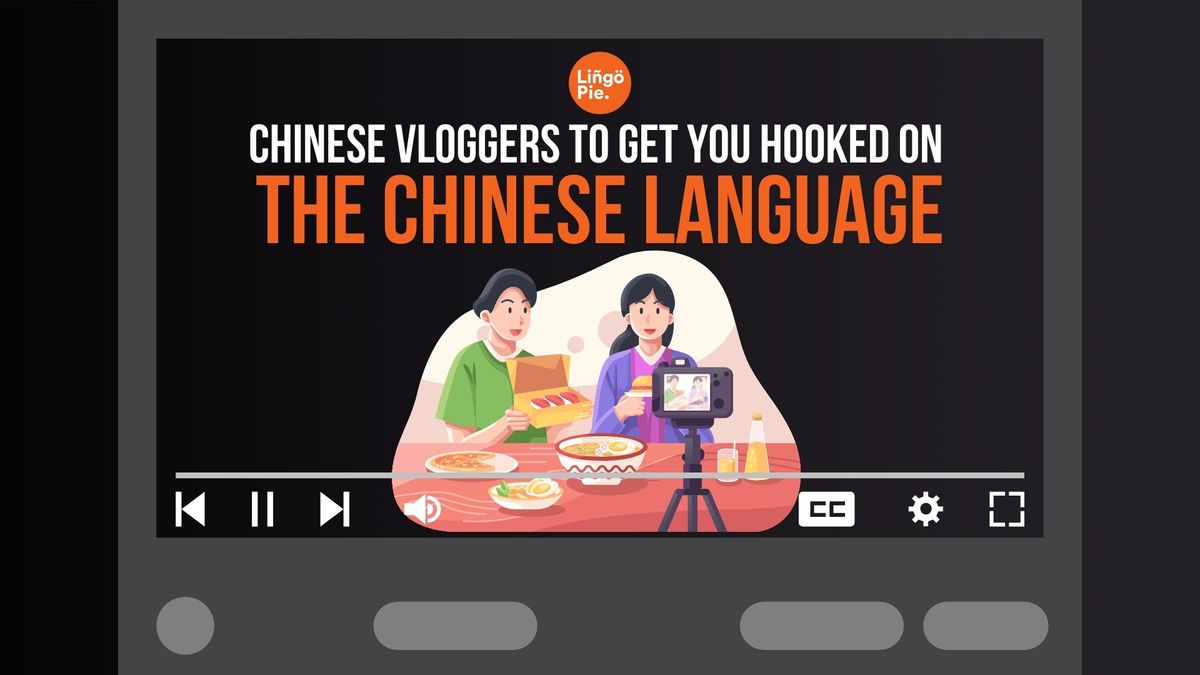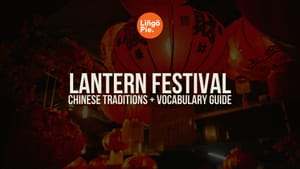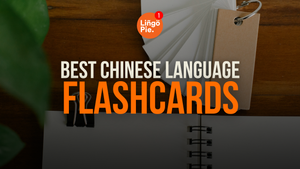Learning a language is an adventure—it’s not just about mastering words and phrases but also diving into a new culture and perspective on the world. But did you know this journey can be even more enjoyable with vlogs (video blogs)? Vlogs offer a fantastic way to immerse yourself in a language by listening to authentic speech.
Plus, they provide fascinating insights into culture, food, traditions, and the everyday life of native speakers. Whether you’re into travel, food, or lifestyle, there’s a vlog for every interest—and Mandarin Chinese is no exception!
In this article, I’ve handpicked 7 incredible Chinese vloggers to help you learn the language and fall in love with it. From beginner-friendly content to advanced-level discussions on travel, TV shows, and even movie reviews, these vloggers cover it all.
If you’re a Chinese learner looking for engaging video content to boost your skills—or an absolute beginner wanting to dive into the basics—this article is for you. Let’s get started!
- 80+ Basic Chinese Phrases You Should Know Before Your Trip
- 5 Best FREE Chinese Learning Websites For Beginners
- 9+ Must-Know Chinese New Year Phrases for Prosperity

Chinese Vloggers to Learn Chinese
1) Yue Jing
Yue's videos center around travel (both inside China and internationally), lifestyle, daily life, etc., presenting the topics with beautifully shot images and Chinese subtitles. Perfect for those Chinese learners who want to practice listening and know new iand nteresting places in China.
2) Off the Great Wall
This YouTube channel presents Chinese culture, language, and traditions in a fun way. For example, Chinese New Year traditions, the family members, the dos and don'ts in China,and differences between Mandarin and Cantonese, among many others.
The content is suitable for all levels since beginners can learn basic vocabulary and advanced learners can learn more cultural insights about China.
3) Mizi Jun (密子君)
This Chinese vlogger specializes in food videos in which she's often seen eating large quantities of food. Her culinary experiences are presented in a fun way, with lots of food vocabulary and slang.
Mizi Jun is more suitable for intermediate learners since her content is entirely in Chinese, although it has Chinese-only subtitles.
4) Lao Gao and Xiao Mo (老高与小茉)
This couple shares a variety of content about different topics, like science, technology and myths, often mixed with humor and commentary based on real information.
Due to the complexity of some topics, this content is more suitable for intermediate to advanced learners. It's very helpful for practicing listening and learning new vocabulary because it has Chinese subtitles in all the videos.
5) Fulinfang
Despite not being native, Fulinfang, a British expat living in China, speaks Chinese fluently and he may be relatable to learners who aren't Chinese descendants. Sometimes, he speaks English too, so his content is suitable for upper-beginner and intermediate-level learners.
His content is centered around his travels around China and the world and they're very entertaining.
6) Yi Hua Mei Shi (一画美食)
Translated as "A Picture of Good Food", this YouTube channel is perfect for anyone that wishes to learn food vocabulary and Chinese traditional recipes. Every cooking step is explained in Chinese clearly and slowly and subtitles are displayed too, so it's also great for practicing listening.
7) Kevin in Shanghai
Kevin's content is based on anecdotes, discussions, interviews and funny skits about a wide variety of topics, such as Chinese lifestyle and cultural differences between China and Western countries. Some videos have both Chinese and English subtitles and some others have Chinese subtitles only or they're entirely in English.
Boost Your Chinese Skills With Vlogs and Lingopie
Did you know you can take your Chinese language learning to the next level with Lingopie? If you love watching vlogs to practice listening and explore culture, Lingopie offers a library of Chinese shows and videos where you can dive into authentic content.
With interactive subtitles and playback tools, you can pause, replay, and learn vocabulary in real time just like when watching your favorite vloggers! It's a seamless way to combine your interest in video content with structured language practice, making learning Chinese even more enjoyable and effective.
So Who Are You Watching Next?
As I mentioned, vlogs are a fantastic way of learning a language and they complement our study with new vocabulary, phrases, and cultural experiences that are hard to find on textbooks. So, you can start with these 7 vloggers and then find more. Who knows. You may find another interesting vlog channel that isn't in the list and that may boost your Chinese learning!
Next to vlogs, the other great and helpful tool you can use for your Chinese learning is Lingopie, a language learning platform that offers authentic and fantastic TV shows and short videos in Chinese (Mandarin). You can learn more new vocabulary, expressions, and culture from Lingopie's catalog. So, don't waste any more time, sign up and start your free trial now!
Frequently asked questions.
Who is the most popular Chinese YouTuber/vlogger?
That merit goes to Li Ziqi (李子柒), with 3.2 billion views and 19.8 million subscribers. Li Ziqi is a 34-year-old Chinese vlogger who has a YouTube channel centered around rural lifestyles in China. Her videos have little dialogue, stunning visuals from beautiful scenery, and relaxing music, making them perfect for those learners interested in traditional Chinese life far from big cities and cultural immersion.
What is used in China instead of YouTube?
In the previous list, 7 YouTube channels were listed. But, in fact, YouTube is banned in mainland China by the government. So there are Chinese alternatives to the video uploading platform. One of the most popular and biggest is Youku (优酷, "excellent and cool"), which serves the same purpose as YouTube, offering user-generated content, movie,s and TV shows. Other Chinese video-based social media are Bilibili and Tencent Video.
Why is YouTube banned in mainland China?
YouTube is owned by Google, an American company. This platform allows people from around the world to upload content that may be a threat to the Chinese Communist government, ideologically speaking. For example, content that may promote democratic ideas in China. That's why the government only allows Chinese social media that supports its ideology.




![How to Conjugate the Verb ‘Tener’ in Spanish: [Beginner’s Guide]](/blog/content/images/2025/02/High-Valyrian-101-Targaryen-Speech-for-House-of-the-Dragon-Fans-1.jpg)




